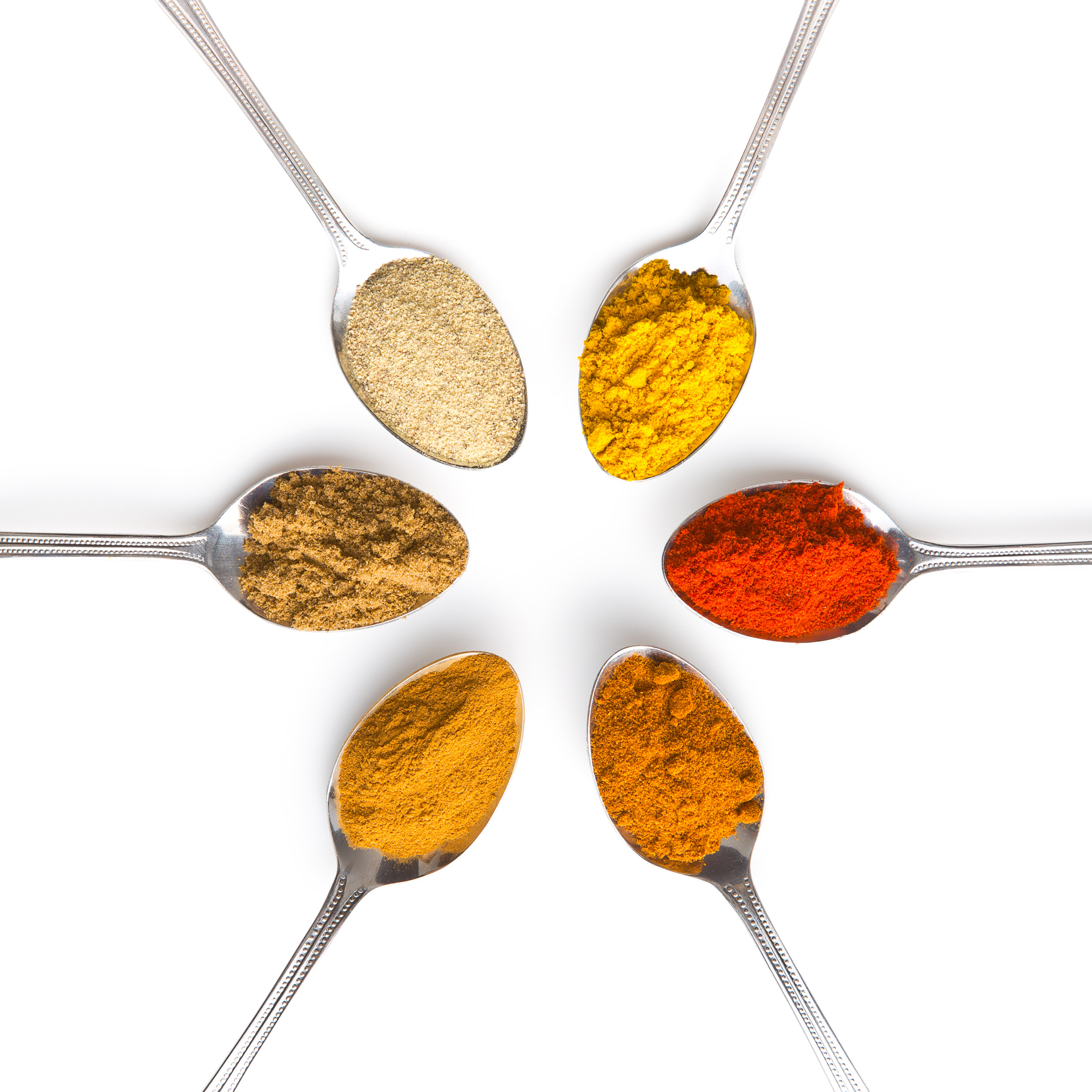Get Easy Health Digest™ in your inbox and don’t miss a thing when you subscribe today. Plus, get the free bonus report, Mother Nature’s Tips, Tricks and Remedies for Cholesterol, Blood Pressure & Blood Sugar as my way of saying welcome to the community!
13 spices that save you from junk food-fueled inflammation

There’s no denying that junk food contributes to disease-causing inflammation.
One recent study found that within a few days of eating junking food regularly, brain cells become inflamed. Another study found that the immune system perceives fast food as a threat similar to a bacterial infection and sends out its immune defenders. The only problem is, there are no bacteria to defend against, and this unnecessary immune response triggers chronic inflammation that leads to serious health complications like autoimmune diseases.
But as serious as junk food-fueled inflammation is, it’s hard to expect anyone to commit to a totally clean diet. We all deserve indulgences from time to time. That may mean making the occasional trip through the drive-thru. Or going out for an ice cream sundae. Or munching on cheddar and sour cream potato chips on your lunch break. And let’s face it — most of us will also go through periods when occasional indulgences become a little more than occasional (like when we’re quarantined at home for months with nothing to do but bake cookies and burn through our Netflix queue).
But here’s the good news…
Even if you go through periods when you go over your junk food quota and your inflammation levels are sky-high, there’s a simple, natural way to drive those inflammation levels back down — spices.
New research shows that 13 anti-inflammatory spices have the ability to keep your inflammation levels in control when you eat something that’s not so great for you.
The spice blend that fights inflammation caused by a bad diet
A recent study from researchers at Penn State University found that eating a specific blend of spices with a high-fat, high-carb meal can lower post-meal inflammation levels.
The study included 12 men between 40 and 65 years old. All the men were overweight or obese and had at least one other risk factor for cardiovascular disease.
These men were asked to eat different versions of a high-carb, high-fat meal on three different days: one with no spices, one with 2 grams of a 13-spice blend and one with 6 grams of a 13-spice blend. Researchers took blood samples before each meal. They also took blood samples after each meal every hour for four hours. Guess what they found?
Inflammatory markers were lower after eating the meal containing 6 grams of spices than after eating the meal containing 2 grams of spices or no spices.
These researchers also completed a follow-up study with the same group of participants to see how their spice blend influenced blood vessel health. They found that 6 grams of spices kept blood vessels from experiencing as much “flow-mediated dilation” after meals. “Flow-mediated dilation” is a measure of blood vessel flexibility and a marker of blood vessel health… so this was good news.
But you’re probably still wondering which spices were in this beneficial spice blend…
Well, it included basil, bay leaf, black pepper, cinnamon, coriander, cumin, ginger, oregano, parsley, red pepper, rosemary, thyme and turmeric. Researchers don’t know if all these spices contributed to the anti-inflammatory effect they witnessed in the study. But they do know that all these spices have exhibited anti-inflammatory effects in the past.
“If spices are palatable to you, they might be a way to make a high-fat or high-carb meal more healthful,” said study researcher Connie Rogers. “We can’t say from this study if it was one spice in particular, but this specific blend seemed to be beneficial.”
Make things spicy to slay inflammation
Are you ready to spice up your life and tamp down your inflammation levels?
If you are, you should know that 6 grams of spice is somewhere between 1 teaspoon and one tablespoon. It varies depending on how the spices are dehydrated. You can add about that much to your next junk food meal to shield yourself from the inflammation aftermath.
Or if you don’t find that particular spice blend palatable, create your own. Here are a few other inflammation-fighting spices you can try:
- Garlic
- Cayenne
- Clove
- Saffron
- Paprika
- Nutmeg
- Sage
- Dill
- Lemongrass
- Tarragon
- Cardamom
- Fennel
- Fenugreek
Editor’s note: Are you feeling unusually tired? You may think this is normal aging, but the problem could be your master hormone. When it’s not working, your risk of age-related diseases skyrockets. To reset what many call “the trigger for all disease” and live better, longer, click here to discover The Insulin Factor: How to Repair Your Body’s Master Controller and Conquer Chronic Disease!
Sources:
- Adding a blend of spices to a meal may help lower inflammation — EurekAlert!
- Turmeric and Other Anti-Inflammatory Spices — Healthline.
- 25 Best Anti-Inflammatory Herbs And Spices For Greater Health — LouiseHay.com.
- 8 Anti-Inflammatory Spices for Easing Arthritis — U.S. News & World Report.














